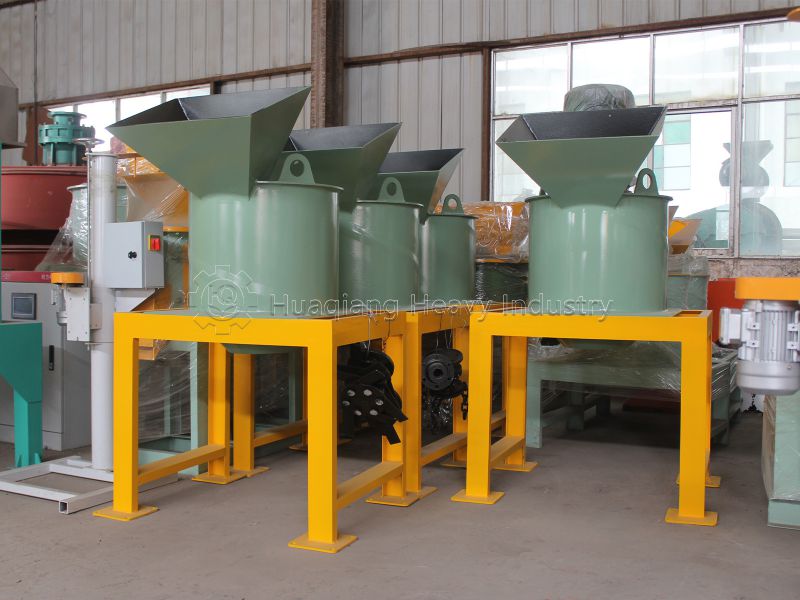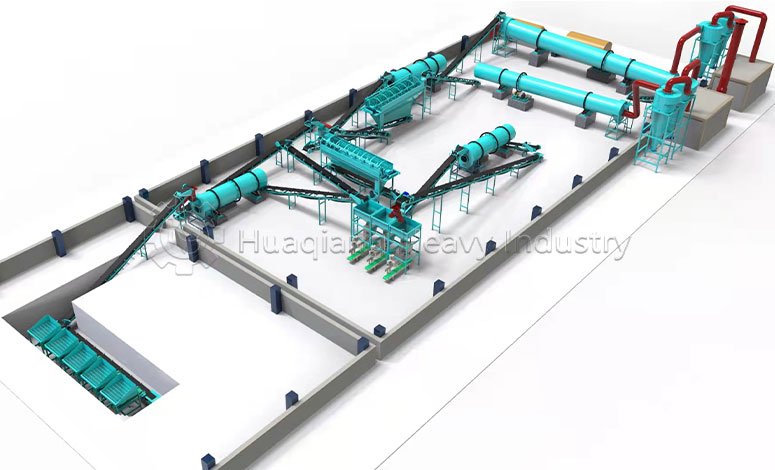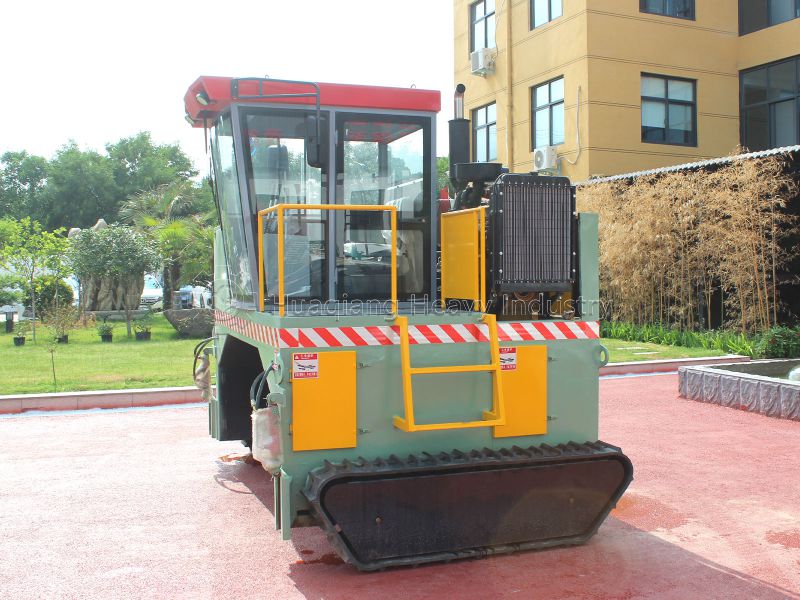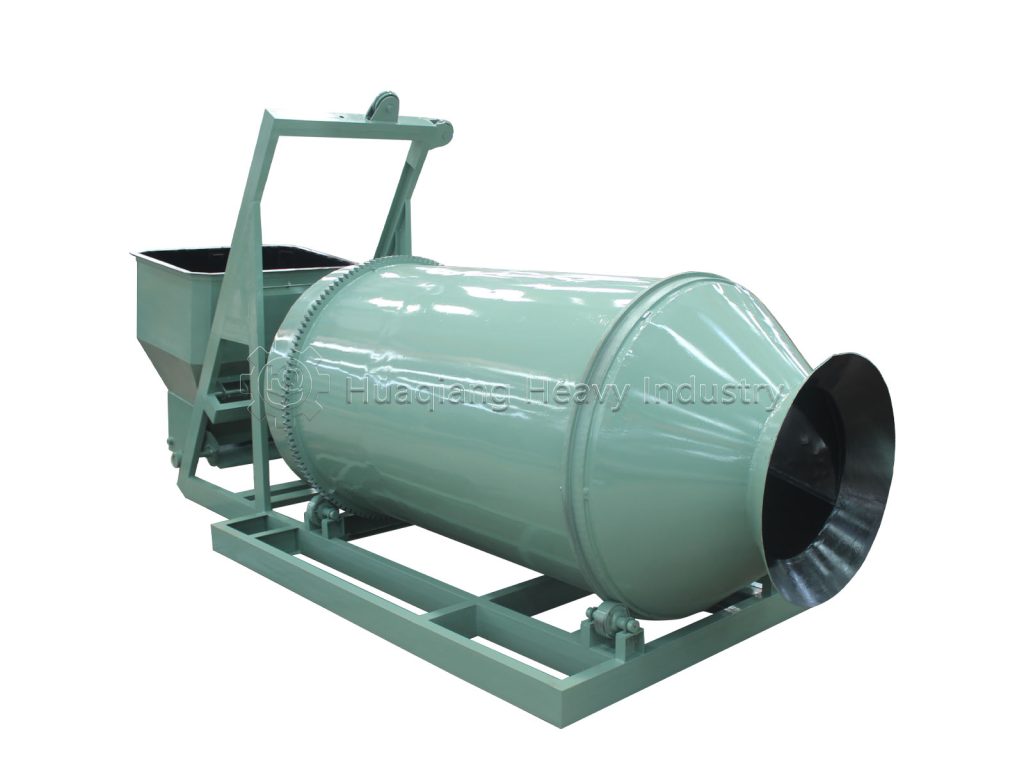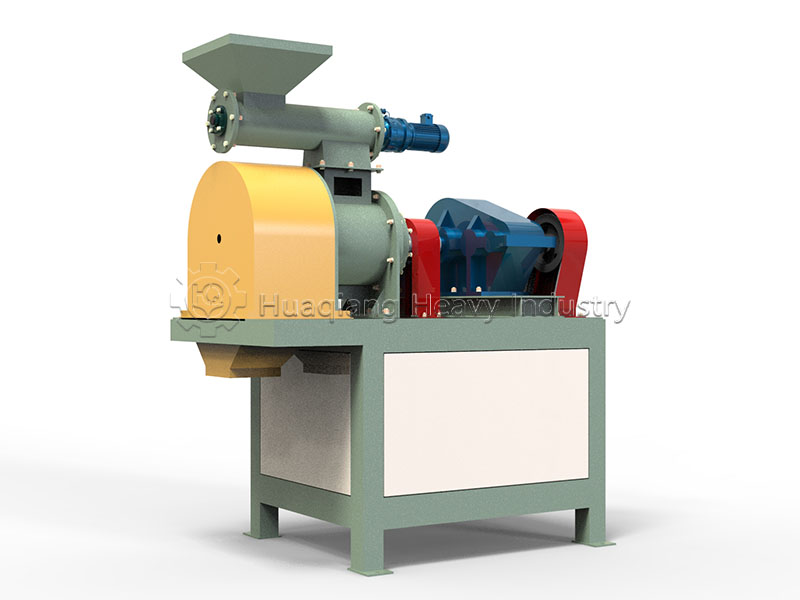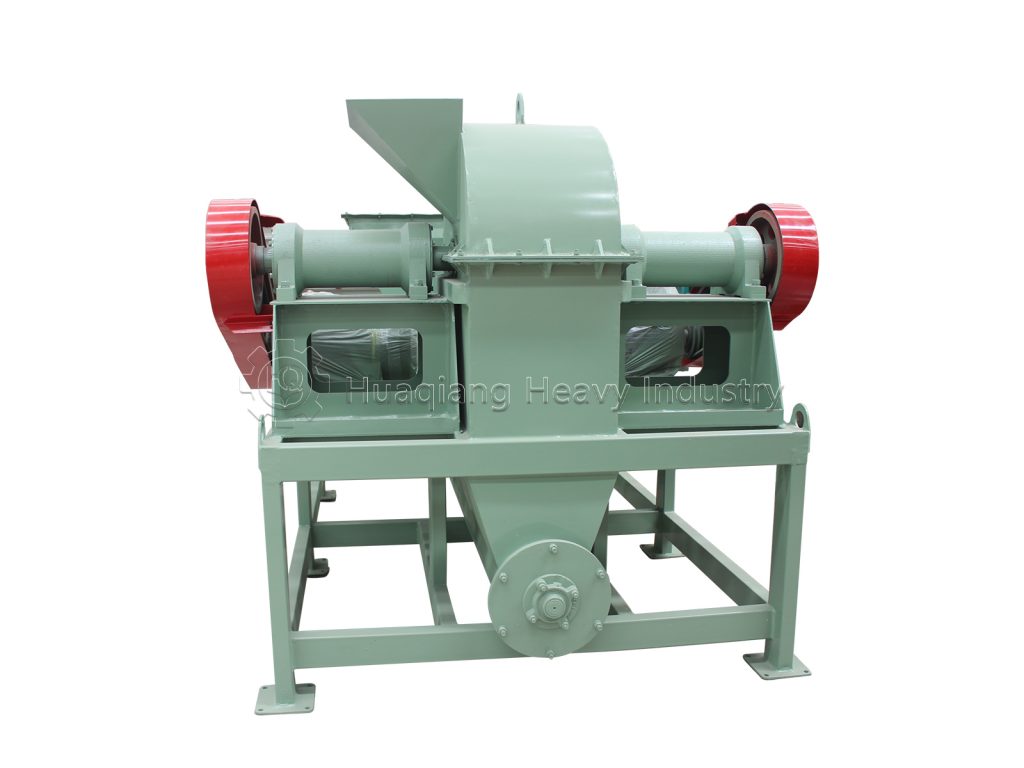For small and medium-sized fertilizer companies using flat die granulators, poor granulation results and frequent malfunctions are often not due to equipment issues, but rather to inadequate raw material pretreatment. Flat die granulators are more sensitive to raw material conditions than other granulation equipment. Proper pretreatment not only improves pellet formation efficiency but also reduces equipment wear and tear.
- Precise Control of Particle Size
The die holes of flat dies typically have a diameter of 2-5mm. If there are still lumps larger than 1mm in the raw material, they can easily become stuck in the die holes, causing blockage and interrupting discharge. It is recommended to add a “fine screening” step before feeding to ensure uniform raw material particle size. This not only reduces the risk of die blockage, but also ensures more complete compression of the raw material within the die holes, resulting in more stable pellet hardness.
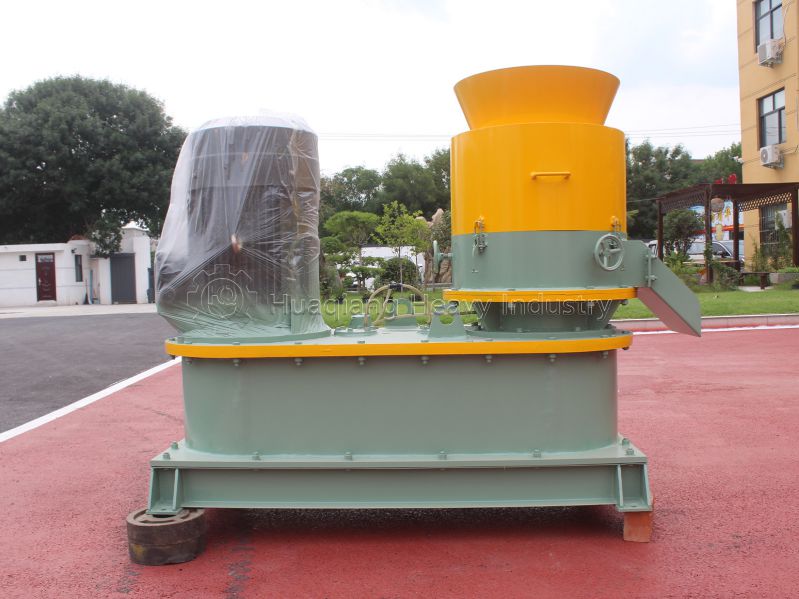
- Dynamic Control of Moisture Content
The flat die granulator is optimally suited for raw material moisture contents of 18%-22%. However, in actual production, the moisture content of fermented organic fertilizers often fluctuates seasonally. If the moisture content is too high, the raw material will easily stick to the flat die surface, requiring frequent machine stops for cleaning. If the moisture content is too low, the pellets will be loose and fragile. During the pretreatment stage, the moisture content can be monitored in real time. If it is high, hot air drying can be used; if it is low, a small amount of spraying can be used to replenish moisture to ensure the stability of the raw material.
- Targeted Optimization of the Conditioning Stage
Adding conditioning agents tailored to the specific characteristics of the raw material can significantly improve pelletizing results. For example, when processing pure straw fiber raw material, adding 3%-5% bentonite as a binder can enhance the raw material’s viscosity. When producing organic-inorganic compound fertilizers, adding 1%-2% humic acid can improve moldability and increase the added value of the fertilizer.


